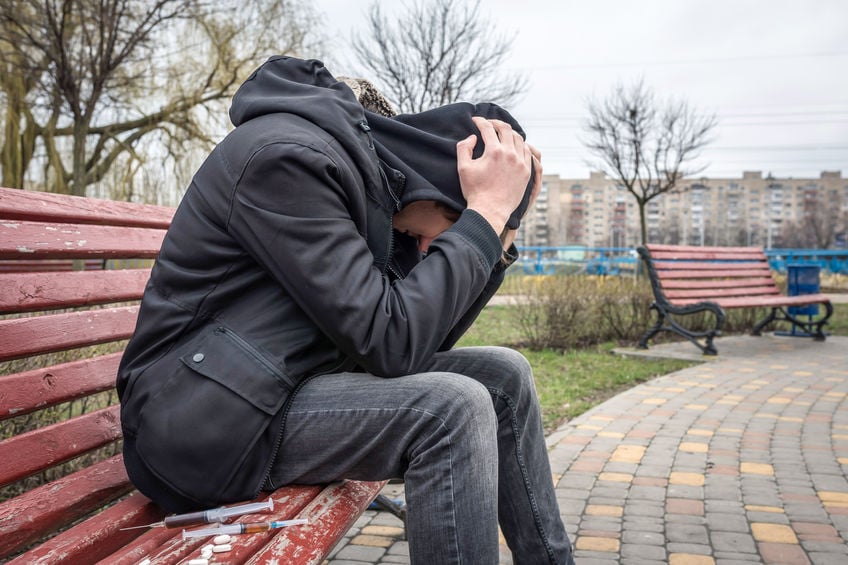Seeking Medical Care During Detox
Recent statistics show that 13% of the US population over age 12 have used an illicit drug in the past month. Whether the drug of choice is marijuana, opioids, or benzodiazepines, stopping cold turkey can cause serious problems. Urgent medical care is needed when detox causes symptoms such as vomiting, seizures, agitation or hallucinations.

The dangers of cold turkey
Recreational drug use can be dangerous but stopping can have side effects. Stopping cold turkey can be difficult when a person has been taking an illicit drug for an extended period. The body can have difficulty processing the sudden change, and withdrawal symptoms can occur if not under the care of a healthcare professional.
Medical supervision
Given the risks, the safest approach is to work with a medical professional to slowly taper or switch to a safer maintenance therapy in some cases. However, recreational drug users are wary of the medical system and prefer to quit without assistance. While this approach can work for some individuals, knowing when withdrawal symptoms are a concern is essential. Seeking medical care for serious detox concerns can save a life.
Concerning symptoms
Each drug is associated with a unique type of withdrawal risk. For opioids, nausea, vomiting, insomnia, muscle cramps, hot and cold flashes, and diarrhea can occur. Quitting benzodiazepines too quickly can lead to restlessness, agitation, and poor memory. For cannabis, a cold turkey approach can cause disturbed sleep, night sweats, tremors, and irritability. Almost all forms of withdrawal cause some level of anxiety. In many cases, withdrawal symptoms cause people to feel uncomfortable or sick for a few days. However, in some situations, symptoms can be concerning enough to warrant immediate medical care.
Was that a seizure?
When quitting benzodiazepines abruptly, seizures can occur. The likelihood of a seizure is especially prominent if the person has been using the drug for a long time. If a seizure happens, an individual needs to be seen by a physician as soon as possible. Seizures can cause changes in behavior, movement, feelings, and consciousness, and medication may be required. If a person is seizing, call 911 and get immediate medical attention.
Mental health concerns
Depression, anxiety, irritability, agitation, and hallucinations can all happen due to stopping a drug too quickly. Although more minor forms of mental health concerns may pass as the withdrawal resolves, if there are any concerns about suicide or personal harm, urgent care is needed. A hospital can admit the patient, treat the mental health concern, and refer to additional forms of support, such as a therapist, upon discharge.
Dehydration risks
Nausea and vomiting can happen when a person quits drugs cold turkey. Many people find the symptoms temporarily uncomfortable, but throwing up can sometimes be much more concerning. If a person is vomiting so much that food and drink cannot be kept down, there is a concern for dehydration. A trip to the hospital can help get an intravenous line (IV) established to rehydrate the patient safely.
Get help safely
Although most people going through withdrawal prefer not to see a doctor, specific symptoms warrant concern. Seizures, mental health concerns, and vomiting can all cause serious outcomes, including death, if the correct treatment is not obtained. Keep in mind that doctors are there to help, not judge. In addition to providing urgent care, a healthcare provider can refer to a treatment center upon discharge to help get substance abuse under control safely.



